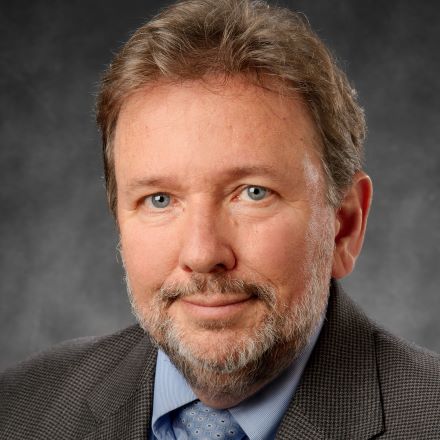
Update
CDC Calls on Public Health Institute to Develop Five-Year Plan to Strengthen Emergency Response Efforts in California, Nevada, Arizona, Hawaii and Pacific Islands

The U.S. Centers for Disease Control and Prevention (CDC) approved $1.29 million in funding to the Public Health Institute in September 2023 to strengthen the United States’ emergency preparedness and response plans in Region 9 states and territories. The Regional Public Health Emergency Preparedness and Response (PHEPR): Region 9 Workplan is a project funded by CDC’s Office of Applied Research (OAR) within the Office of Readiness and Response (ORR) and implemented by the Public Health Institute.
The investment funds a five-year work plan to prepare for the establishment of a regional emergency preparedness and response center informed by community needs, in order to improve public health preparedness and response. Region 9 includes Arizona, California, Hawai’i, Nevada, more than 157 federally recognized tribes, and US Affiliated Pacific Islands: American Samoa, Commonwealth of the Northern Mariana Islands, Federated States of Micronesia, Guam, Republic of Palau, and Republic of the Marshall Islands.
This ambitious project is a collaborative effort. Leaders from Health Preparedness Partners, University of California San Francisco (UCSF) Center for Pandemic Preparedness & Response, and University of California Los Angeles (UCLA) Center for Public Health & Disasters are key consultants on the project. We are recruiting members of a Regional Coordinating Body in the next month who work in the region and are affiliated with state, tribal, local, and territorial health departments, K-12 public education systems, academic institutions, healthcare facilities and coalitions, and the private sector. If you match these criteria and are interested in finding out more as recruitment opens, please email Whitney Sterten-Hall to be added to our mailing list.
Official public health emergency declarations from the Department of Health and Human Services’ Administration for Strategic Preparedness and Response in 2023 have included areas in Region 9: most notably wildfires in Hawai’i in August, and Typhoon Mawar in Guam that took place in June. On a national level, Mpox, Covid-19 and the opioid crisis continued as public health emergencies in 2023.

This project is a chance to set the priorities for CDC’s emergency response efforts in the region. We’re looking forward to building a regional network of emergency preparedness professionals where people can share strategies and contribute to CDC’s plan to create a network of regional centers across the nation in 2024.Mike Sage, MPH
Project Director, The Regional Public Health Emergency Preparedness and Response (PHEPR): Region 9 Workplan
The five-year workplan will address a range of public health challenges that affect tribal, rural and urban areas as well as border regions, with special attention to health equity. Community voices that have historically been excluded from crucial emergency planning conversations, such as communities with a high proportion of people with limited English proficiency, will be included.
More Updates


Safeguarding the Health and Wellbeing of Agricultural Workers in Monterey County: A 5-Year Glance at the COVID Pandemic & Lessons Learned

New Study Reveals Why Alcohol Use Increased During the Pandemic

PHIL Collective: Tools, Training and Resources for Collaborative, Cross-Sector Efforts to Improve Health and Equity
Work With Us
You change the world. We do the rest. Explore fiscal sponsorship at PHI.
Support Us
Together, we can accelerate our response to public health’s most critical issues.
Find Employment
Begin your career at the Public Health Institute.
